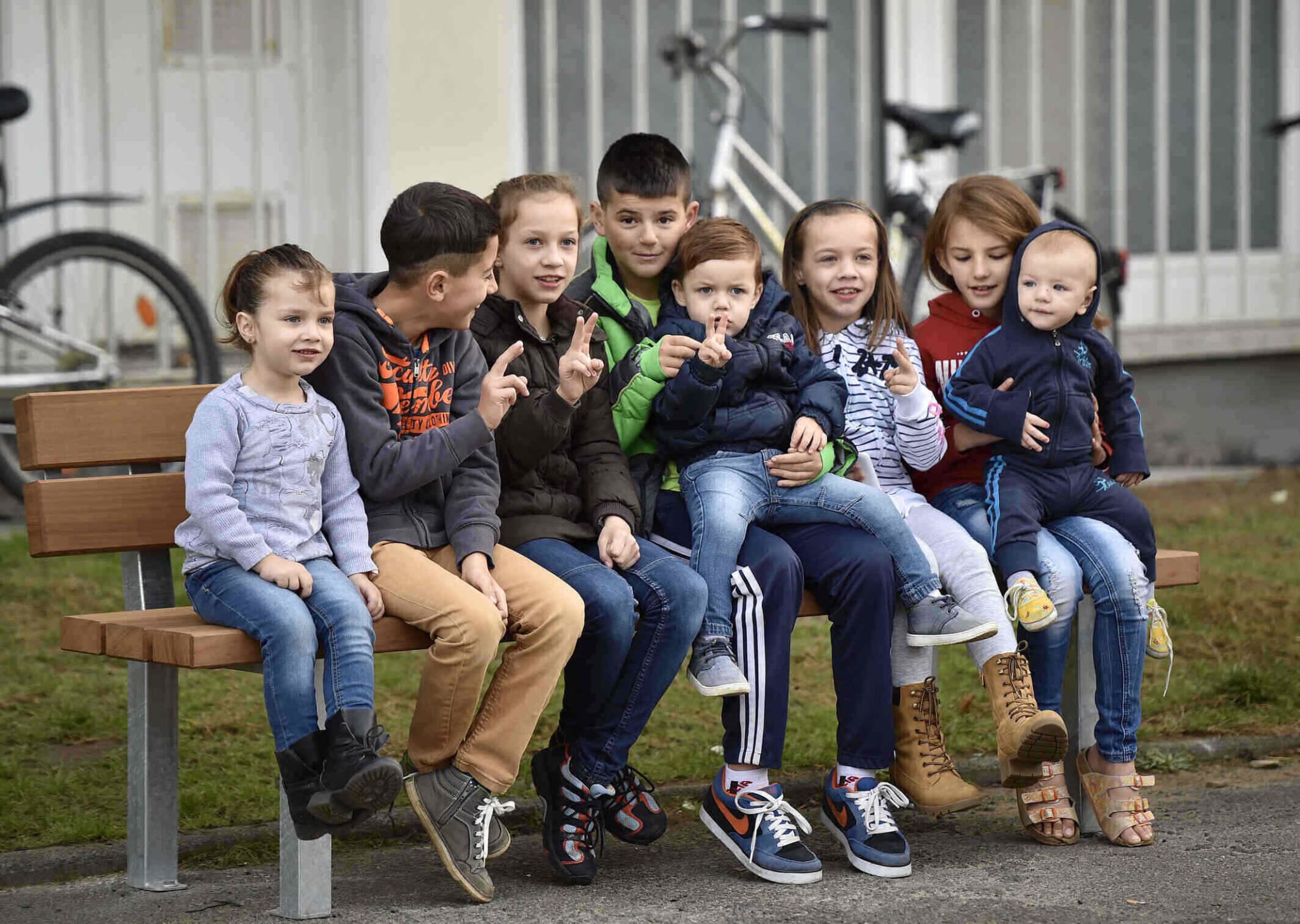German schools and daycare centers are failing to keep up with the dramatic demographic changes brought about by high levels of immigration, and the quality of education has regressed significantly in the last 10 years, a recent review of the German education system has concluded.
According to the annual education monitor published by the New Social Free Market Initiative (INSM), education standards across the country rose from 2004 to 2013, but “problems in the education system have increased significantly since then.”
A key factor that has stunted the development of students has been the insufficient support implemented to cater to new arrivals, many of whom struggle to speak German and live in households where there is a lack of appetite to learn the language, and this has provided new challenges for educators of which there is already a national shortage.
“The student population has become significantly more heterogeneous: The proportion of students with a migrant background has increased, as has the proportion of fourth-graders and children with a non-German family language,” the study reads.
It revealed that an increasing number of preschool children “do not speak German at home,” with this figure rising from 15.7 percent in 2008 to 21.1 percent in 2021.
This has led to a sharp fall in the educational outcomes for children from households with a migrant background and those living in educationally disadvantaged households, the study adds.
The education monitor, which provides a score for several areas related to the sector, saw the result in relation to integration drop by 38.8 points, the most of any area. School quality and combating education poverty also deteriorated significantly by 28.2 points and 17.5 points, respectively.
“Unfortunately, the challenges posed by massive immigration have also overwhelmed many schools. The states must change course and invest much more in early childhood education,” said INSM Managing Director Thorsten Alsleben.
“We need compulsory preschool for everyone who doesn’t speak German or speaks it poorly,” he added.
[pp id=66222]
This is an issue that has been brewing for some time following the mainstream political parties’ commitment to high levels of immigration pushed by both Angela Merkel’s CDU and Olaf Scholz’s SPD.
As Remix News previously reported, school administrators have long been ringing the alarm regarding the enormous pressures being placed on educators to accommodate diverse student groups.
In February, one school principal revealed that her school comprises students of 23 different nationalities, many of whom do not speak German, a situation that has become unsustainable for teachers struggling to maintain educational standards.
“At my school, there were classes in which there were no children of German origin,” Berlin Education Minister Katharina Günther-Wünsch told German newspaper Die Welt in May. In some general education schools in German cities including Hamburg, a majority of schoolchildren (51.4 percent) had a migration background in the 2020/2021 school year, a statistic that will only become more problematic during the current migratory wave into Europe.
In contrast to the recommendations published in the above study, however, the CDU education minister suggested that local authorities seek to import foreign teachers and remove its focus on preserving German as the sole language of instruction in German schools.
[pp id=77207]
An International Primary School Reading Survey (IGLU) published in May revealed that a quarter of all fourth-grade students in Germany are failing to meet minimum standards in reading comprehension, a decline that is threatening to affect the economic and social fabric of the country in the long term.
“In the end, the lack of reading skills not only endangers the social participation of many people but also Germany as a whole as a business location,” said Susanne Lin-Klitzing, who serves as the chairwoman of the German Association of Philologists, at the time.






